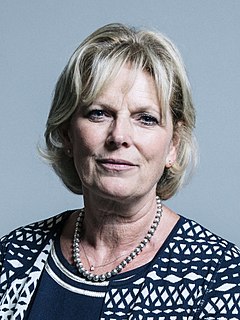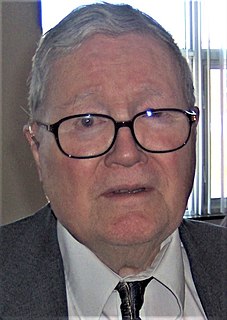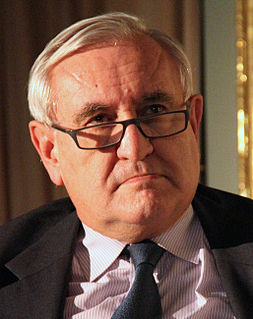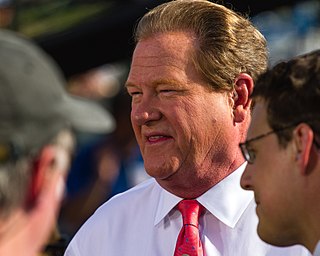A Quote by Jose Angel Gurria
High levels of inequality generate high costs for society, dampening social mobility, undermining the labour market prospects of vulnerable social groups, and creating social unrest.
Related Quotes
Labour ministers often look puzzled when reports show that Britain has one of the lowest levels of social mobility in the developed world. They just don't get it. They see poverty, inequality, fairness, as all about income. For the past 12 years, they have relied on tax credits to solve this. But tax credits do not solve poverty: they mask it.
Despite long-standing claims by elites that Blacks, women, Latinos, and other similarly derogated groups in the United States remain incapable of producing the type of interpretive, analytical thought that is labeled theory in the West, powerful knowledges of resistance that toppled former social structures of social inequality repudiate this view. Members of these groups do in fact theorize, and our critical social theory has been central to our political empowerment and search for justice.
In its pursuit of justice for a segment of society, in disregard of the consequences for society as a whole, what is called 'social justice' might more accurately be called anti-social justice, since what consistently gets ignored or dismissed are precisely the costs to society. Such a conception of justice seeks to correct, not only biased or discriminatory acts by individuals or by social institutions, but unmerited disadvantages in general, from whatever source they may arise.
What type of new economical system can organize this system? There is another sector in our life, that we rely on every single day, that are absolutely essential: the social commons, the social economy. It is all the activity we engage in to create social capital. It doesn't create capital market. Social commons is growing faster than the market place. It is growing faster than the market place. The social commons include any activity that is deeply social and collaborative.
Graphomania (a mania for writing books) inevitably takes on epidemic proportions when a society develops to the point of creating three basic conditions: - (1) an elevated level of general well being which allows people to devote themselves to useless activities (2) a high degree of social atomization and , as a consequence, a general isolation of individuals; (3) the absence of dramatic social changes in the nation's internal life.
I believe I have demonstrated that the voters are characteristically ill-informed when voting on reducing social costs. Furthermore, their primary concern is with wealth transferred to themselves, rather than with social cost efficiency. Logically, this would mean that democratic government would be inefficient in reducing social costs.
It is worthwhile to engage in something that is close to one's heart. I had a scholarship. So if I donate money to give brilliant Chinese students an opportunity to study abroad, then this embodies everything I believe in: education, globalization, social mobility. I am an example of social mobility.
High school was interesting. For a lot of people, high school was just a big social experiment, and I think the value of high school was not so much learning how to be a great student... but I think it's learning how to interact with people and be social. I would say that in that endeavor, I completely failed.




































